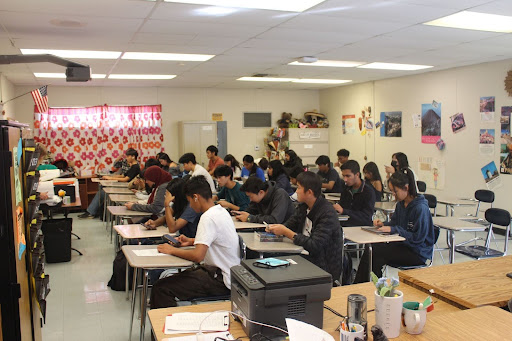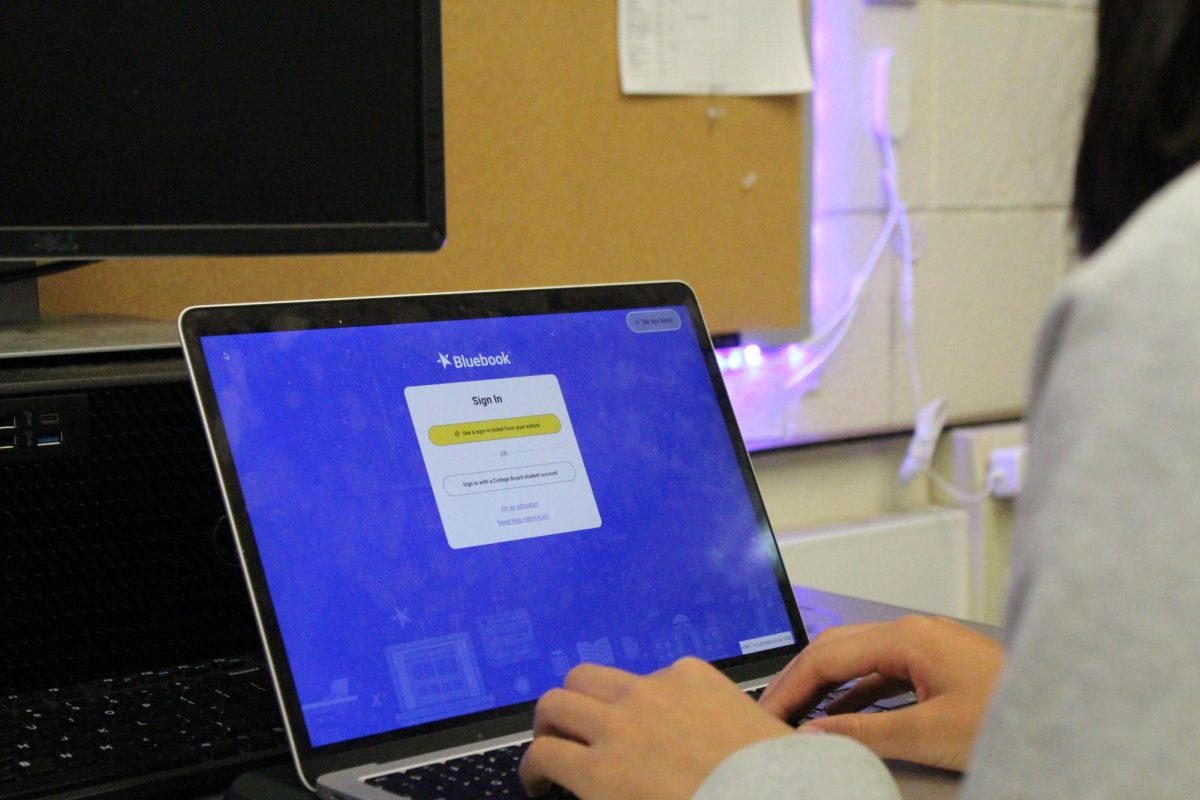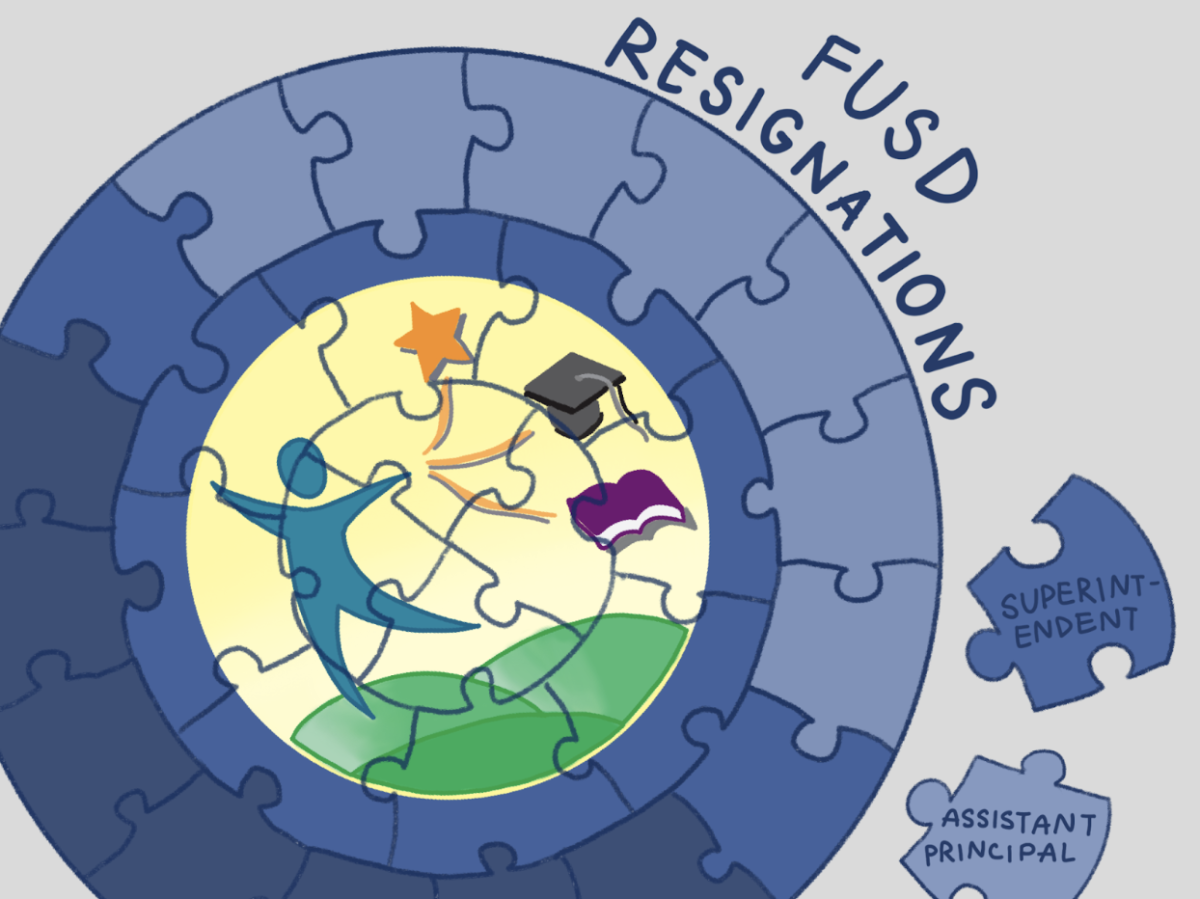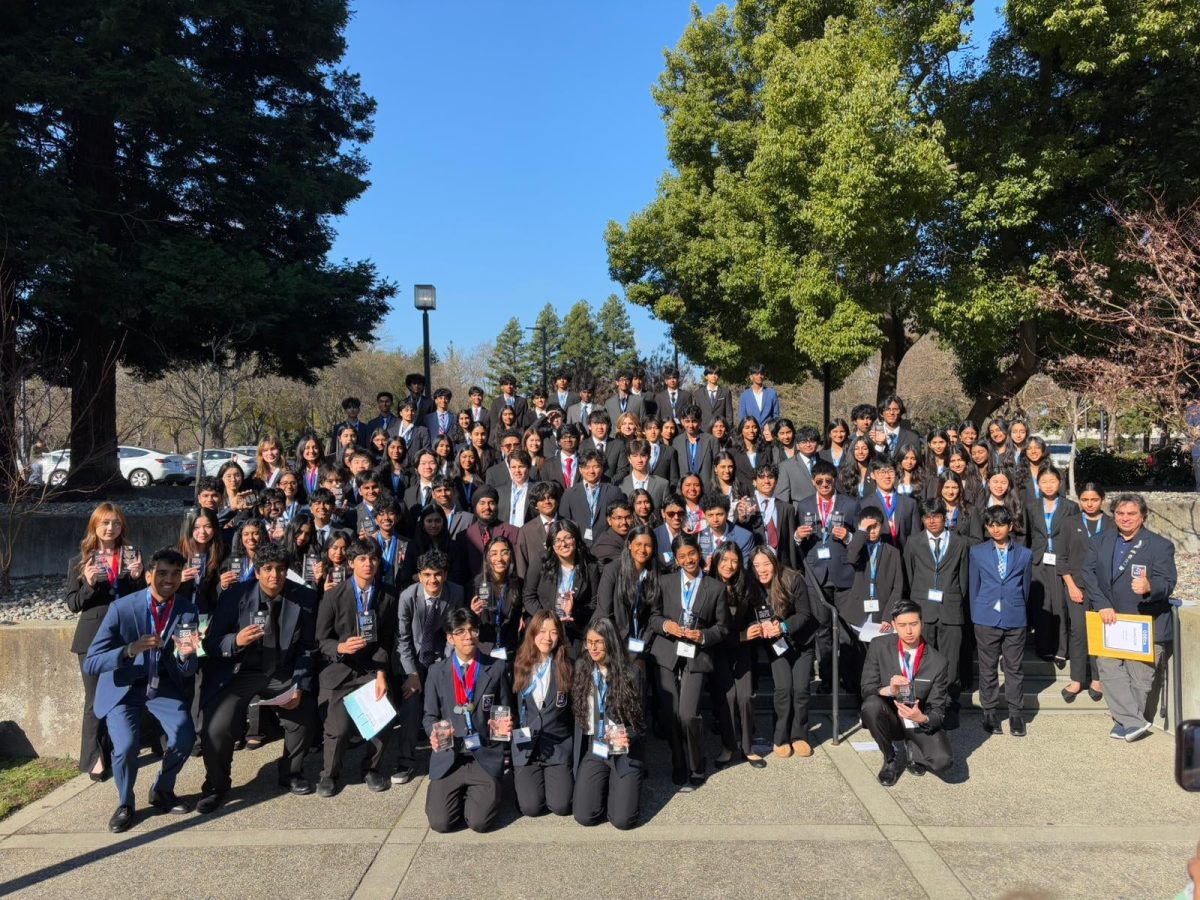Teachers to consider changing extra credit opportunities to increase equality for students
By Karthik Mayilvahanan | Editor in Chief
According to section 6145 of FUSD School Board Policy, “Extracurricular activities are not part of the regular school curriculum, not graded, do not offer credit, and do not take place during class time.” Principal Sarah Smoot included this excerpt in an email sent to teachers on January 29th, warning against the practice of “providing extra credit for non-curricular activities” because it is a violation of existing district policy.
In the email, Ms. Smoot called for an end to several specific practices, such as extra credit offered for donating tissue boxes, selling or purchasing tickets for a club event, and enlisting the assistance of a parent to chaperone a field trip. “Finances should not be a barrier to equal opportunities at success,” said Ms. Smoot in a follow up interview.
If this has been district policy, then why hasn’t it been enforced? According to Ms. Smoot, school administration has no jurisdiction when it comes to what teachers teach in their classrooms. Smoot noted that there should be a “professional understanding” between teachers and administrators with respect to this issue.
Under these rules, there are several activities students partake in on campus that are technically against the rules, including math contests, offered by Math Club. Although the contests are offered on campus at lunch and are curricular activities, the 50 cent fee to take the contest can limit students with severe financial struggles. Mrs. Rothfuss, Math Club advisor, said that the club could make exceptions for students with financial limitations when collecting the fee for the contests, but it appears that math teachers will continue to give extra credit for math contests.
Another common activity many teachers give extra credit for attending, school plays, are also subject to this policy. While some argue that productions put on by the Irvington Conservatory Theatre are extracurricular, sophomore and senior English teacher Mr. Fraser, who offered extra credit for his students to see A Midsummer Night’s Dream, disagrees.
“In my opinion, for students to carefully listen to and study and orally experience Shakespeare in a different venue would help enhance their appreciation for Shakespeare,” contended Mr. Fraser. However, after receiving the email from Principal Smoot, he conceded that he could do more to make extra credit opportunities more equal.
“If someone were to come to me and say they could not afford the ticket,” said Mr. Fraser, “I could have them take a scene from the play and give an 18 sentence summary in lieu of them having gone to see [the play].”
Ms. Allyson McAuley, who taught French and English for five years, argued that we need to find a balance between curricular enrichment and equality of opportunity. “I don’t think you should be able to buy a better grade in a class. Even though we need things like tissues and paper towels and we don’t have enough of those things, it’s important that we not have money in exchange for credit, or even to buy tickets or shows,” said Ms. McAuley. “But at the same time, I think it’s good for kids to have enrichment opportunities like going to shows outside of class. So it would be really great if we as a school could figure out how to give people an opportunity.”




















